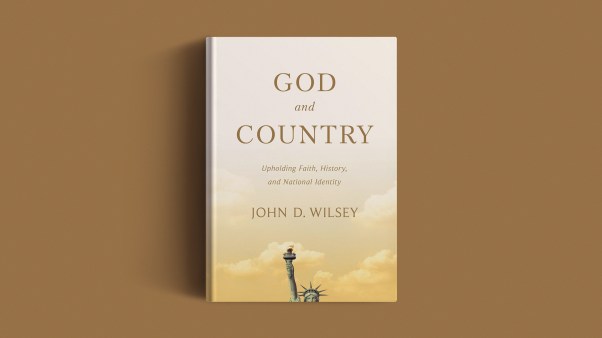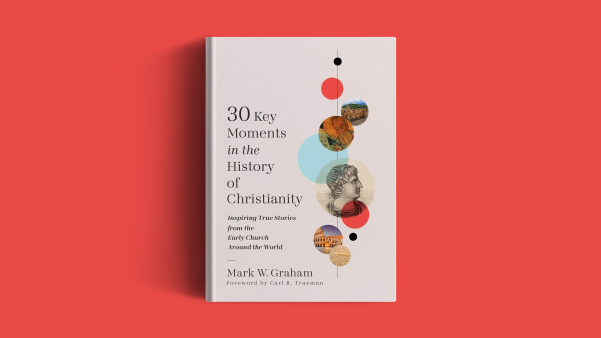I don’t despise the traditional proofs for the existence of God, as some contemporary philosophers say we should, but neither do they compel assent. This is no doubt my own fault; I am allergic to the sort of thought from which such proofs are constructed, just as–by and large–I am allergic to symphonies. (Chamber music is another thing entirely.) But there are also “peculiar” proofs for God’s existence such as those proposed by Carlos Eire, noted in Miroslav Volf’s review [“Kissing the Lizard,” January/February] of Eire’s Waiting for Snow in Havana: “proof no. 5, ‘the ultimate proof’: desire.”
These I find more persuasive, and I am always grateful when another one appears. (And they do appear, like Venus rising from the sea.) So I am thankful today to the poet Robert Siegel, who read a selection of poems by Pablo Neruda at a recent gathering at which my wife Wendy and I were present.
Neruda, who was born in Chile in 1904 and died in 1973, was one of the greatest poets of the 20th century (despite political blindness–in 1953, long before he won the Nobel Prize in Literature in 1971, he received both the Soviet Union’s Stalin Prize for literature and the Lenin Peace Prize). Farrar, Straus, and Giroux has published a massive volume of his work, The Poetry of Pablo Neruda, edited by Ilan Stevens, which features many translators and occasionally includes the Spanish text of a poem as well. I have been browsing in this book and in earlier selections and collections from my shelves–Neruda was vastly prolific, and poets and translators have found his work irresistible, so there’s a lot to choose from.
One of the poems Bob Siegel read, “Ode to the Tomato,” is not in the big Ilan Stevens-edited volume, though Stevens does include some other selections from Neruda’s Elemental Odes. The translation Bob chose was Nathaniel Tarn’s, from Pablo Neruda: Selected Poems, a bilingual collection edited by Tarn with translations by Anthony Kerrigan, W.S. Merwin, Alastair Reid, and Tarn, published some years ago but still readily available. Here is how it begins:
The street
drowns in tomatoes:
noon,
summer,
light
breaks
in two
tomato
halves,
and the streets
run
with juice.
The ode proceeds to celebrate the “radiance,” the “goodly majesty” of the tomato (“Too bad we must assassinate”), the “fresh, deep, inexhaustible sun” that pours from its “living pulp” as it “beds cheerfully with the blonde onion.”
An ordinary meal becomes a wedding feast, a surreal drama of domestic ecstasy in which a child’s animism (“potatoes thump to a boil, the roasts beat down the door with their aromas”), a lover’s joyful zest, and a worshiper’s awe are crazily, wonderfully intermingled in a foretaste of paradise:
and upon
the table,
belted by summer,
tomatoes,
stars of the earth,
stars multiplied
and fertile
show off
their convolutions
canals
and plenitudes
and the abundance
boneless,
without husk,
or scale or thorn,
grant us
the festival
of ardent color
and all-embracing freshness.
Another proof of God’s existence: not the tomato itself, but the tomato as seen by the poet Pablo Neruda, a maker made in the Maker’s image, and as received by us, “sub-creators” too.
Alas, as Eric Miller might want to remind us (see his essay on p. 14 of this issue), if we knew tomatoes only via the reddish objects to be found at the supermarket, we might wonder what on earth Neruda was talking about. Is it time to plant the garden for this summer?
Copyright © 2004 by the author or Christianity Today/Books & Culture magazine. Click here for reprint information on Books & Culture.









